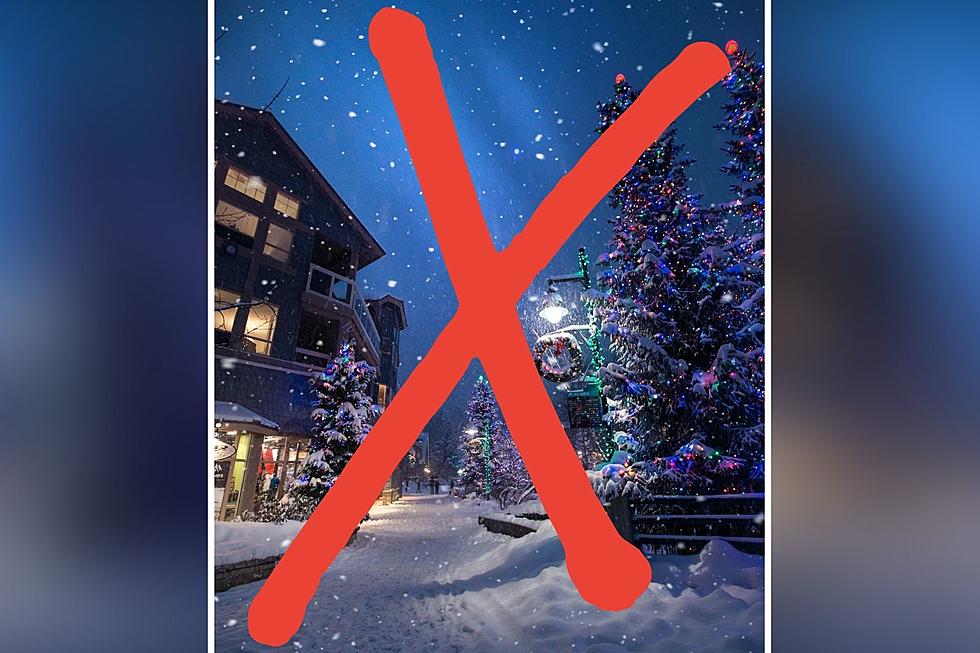
New COVID Variant in Maine Has New Unexpected Symptoms
The CDC has dubbed this new variant the 'most widely circulating variant in the United States.'

It's been almost four years since the CDC confirmed the first case of the 2019 Novel Coronavirus in the United States in late January 2020, just two months before the World Health Organization declared COVID-19 a pandemic in March of 2020. This declaration followed more than 118,000 cases in 114 countries, resulting in 4,291 deaths at that point.
Viruses, including SARS-CoV-2, the virus causing COVID-19, naturally evolve over time. While most changes have minimal impact on the virus's properties, they still occur as part of the survival and adaptation process. As the virus replicates, genetic mutations, or "copying errors," occur. Over time, these errors can lead to alterations in the virus's surface proteins or antigens, which our immune system recognizes and fights.
With regards to this virus, we've seen various adjustments, reformations, and variants, such as the widely recognized "Alpha," "Beta," "Gamma," "Delta," and "Omicron," derived from the Greek alphabet.
So, what about this new COVID variant?
According to the CDC, the variant, known as "JN.1," was first detected in the United States in September 2023. By the end of October, it constituted less than 0.1% of SARS-CoV-2 viruses. However, the latest update on December 23rd estimates that JN.1 is expected to make up 39-50% of all SARS-CoV-2 variants in the country. These updates are biweekly, so we should see an update on those numbers soon in the new year.
The CDC notes, “JN.1’s continued growth suggests that the variant is either more transmissible or better at evading our immune systems than other circulating variants. It is too early to know whether or to what extent JN.1 will cause an increase in infections or hospitalizations.”
The CDC COVID Data Tracker: Wastewater Surveillance categorizes JN.1 as a "DOMINANT VARIANT OF CONCERN" in Maine.
But, what sets this COVID variant apart?
While the JN.1 variant appears more transmissible than other strains, fortunately, it is not likely to cause more severe COVID. Many recent COVID patients have reported sore throats as their initial symptoms, often followed by congestion. Notably, typical symptoms like a dry cough or loss of taste or smell have become less common, as reported by NBC News.
However, recent findings indicate that patients testing positive for COVID now experience two new symptoms: trouble sleeping and increased anxiety.
As we continue to gather information about JN.1, it's crucial to remind everyone to prioritize self-care, exercise caution, and stay informed.
These COVID Symptoms May Lead to Hospitalizations
Check Out These 23 Celebrities Who Visited Maine in 2023
Gallery Credit: Jordan Verge
34 Items That Maine Goodwill Stores Will Not Accept
Gallery Credit: Jordan Verge




